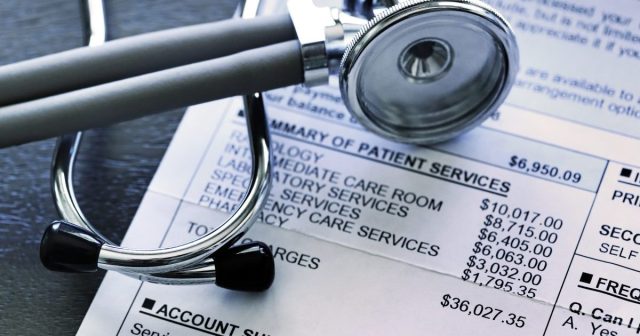Nonprofit Poised to Acquire Commonwealth Care Alliance's Healthcare Operations

In a promising announcement, Health and Human Services Secretary Kate Walsh hinted at exciting developments for Massachusetts' most vulnerable residents. The state is poised to deliver welcome relief to approximately 46,000 low-income and disabled individuals who depend on critical support services. Walsh teased an upcoming revelation, suggesting that Bay State residents can anticipate positive news that could significantly impact their lives in the coming days.
The secretary's optimistic statement has sparked anticipation among community advocates and those directly affected by the potential changes. While details remain under wraps, her comments indicate a potentially transformative update for the state's most economically challenged populations.
